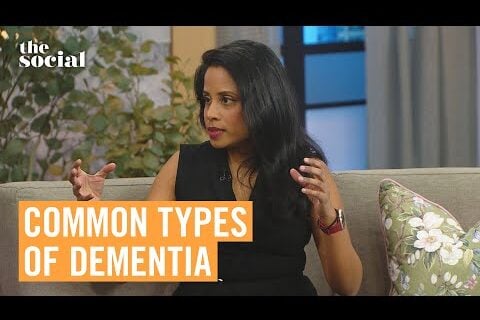
Escaping Smoggy Areas Helps Brainpower
How many years does the pollution in your area add to the “age” of your brain?

How many years does the pollution in your area add to the “age” of your brain?

HEALTH & DEMENTIA: Older adults can be particularly vulnerable in cold weather. Here are six ways to stay warm & comfortable during the winter months.

LIVING WITH DEMENTIA – VIDEO & ARTICLE: The “First UK” Bus Training Program helps people with dementia travel with confidence. It’s run by one of

CARE TIPS: Here are some good ways you can deal with incontinence in dementia care.

CBS VIDEO + TRANSCRIPT: Bans on visitors at senior facilities , fewer people dropping in at home, and social distancing may be harsh and confusing

TEEPA CARE TIPS – VIDEO: Dale asked Teepa about bringing home Mom after she recovered from COVID-19. How do we keep her and ourselves safe?
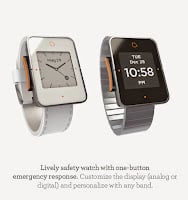
PRODUCT OF THE WEEK VIDEO & ARTICLE: One press of Lively’s orange button gets help from friends, family or 911. The new waterproof watch for

People with dementia fall 60% more frequently than other adults. Falls Prevention Awareness Day is a great time to learn ways of preventing falls at

SOCIALIZING in your 50s and 60s strongly predicts less dementia later on. Learn why, from new research by University College London. See Ohio State University demonstrate how true it is, from animals to people.
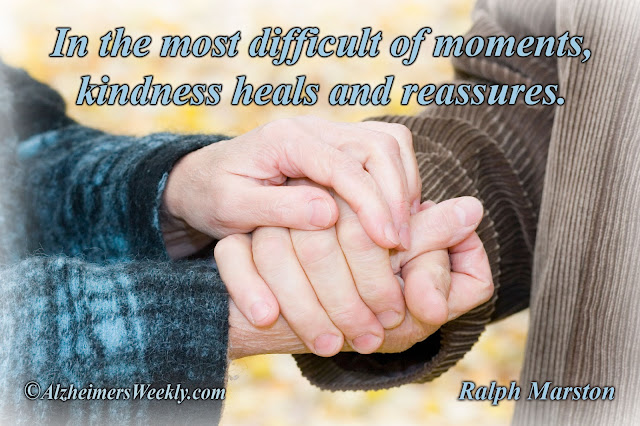
In the most difficult moments, Kindness heals and reassures.
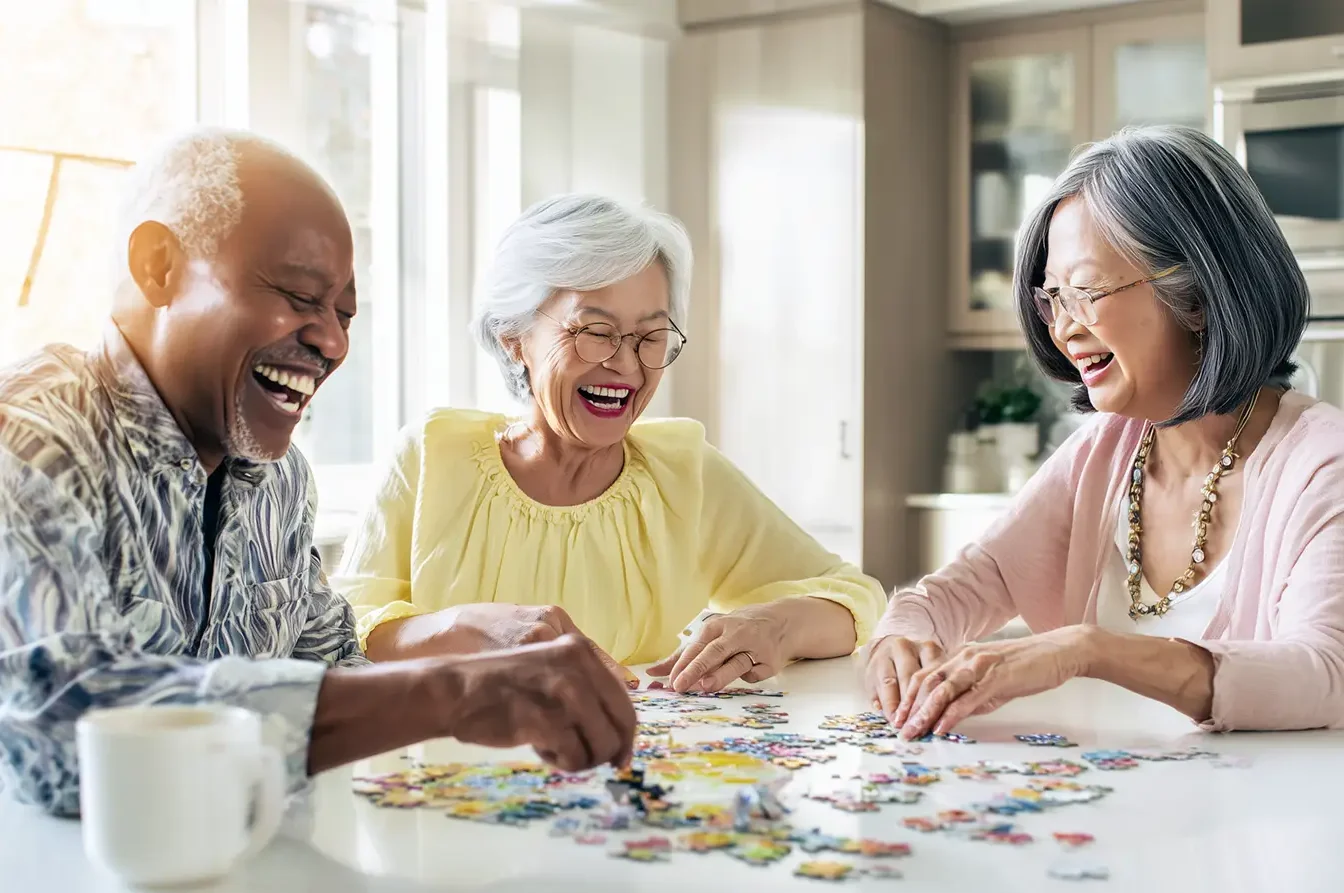
Creating peace, calm and a sense of control over their environment is the best gift to give a person living with Alzheimer’s. Learn all about In-Home Routines.

Dietary iron is an essential element in the brain. That’s why it is critical to understand how it affects Alzheimer’s. Researchers used advanced X-ray techniques to take a giant step forward in understanding iron chemistry in amyloid plaque, the main culprit behind Alzheimer’s. Learn more about their exciting new insights.
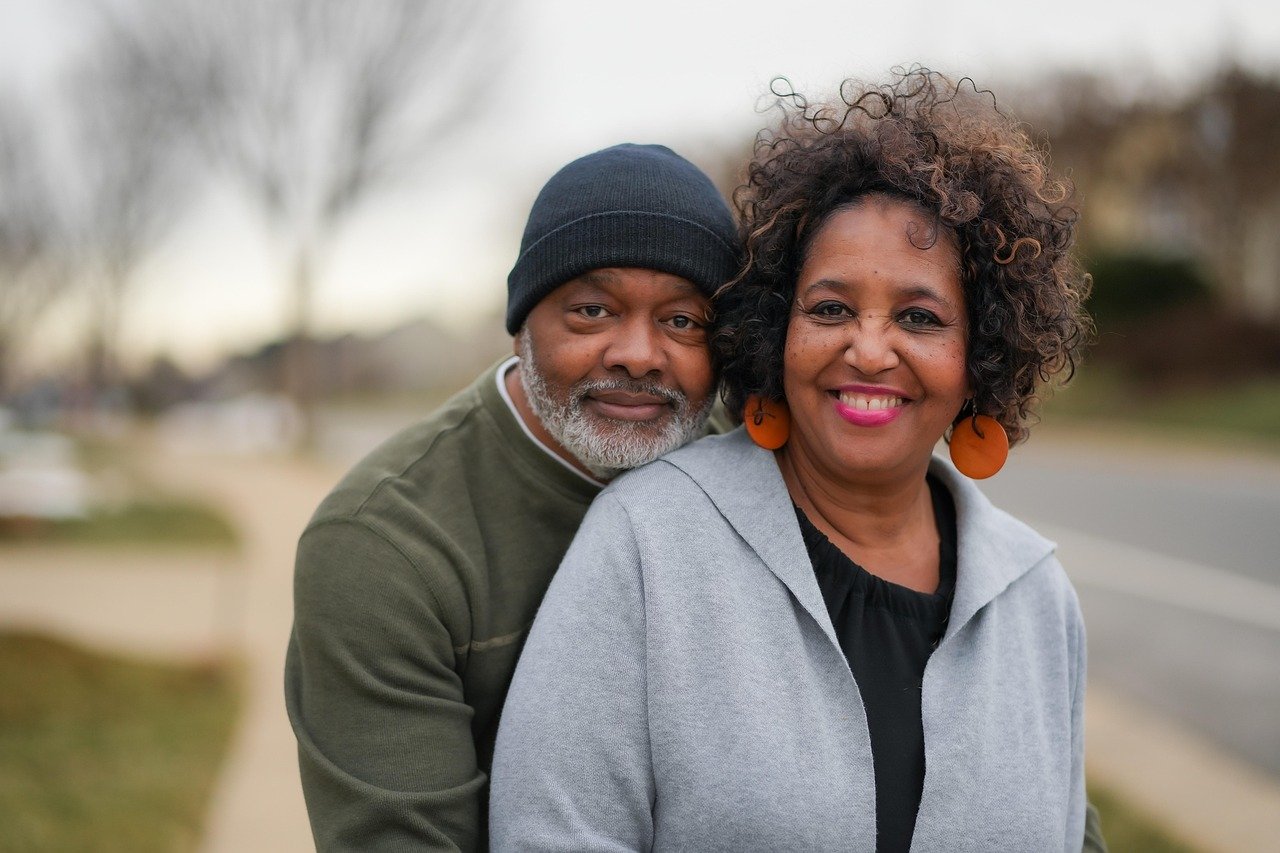
A deep promise to be there for an Alzheimer’s parent, this heartwarming song was written as a tribute to families facing dementia.

EMERGENCIES due to falling happen 54% more often in dementia. As a rule, 1-in-3 adults over 65 fall each year. Most falls happen at home. Make a few simple changes and prevent falls.

Researchers find education and intellectual stimulation appear to activate a genetic program in the brain that promotes resistance to cognitive decline. Find out more.
No spam, only news and updates.


